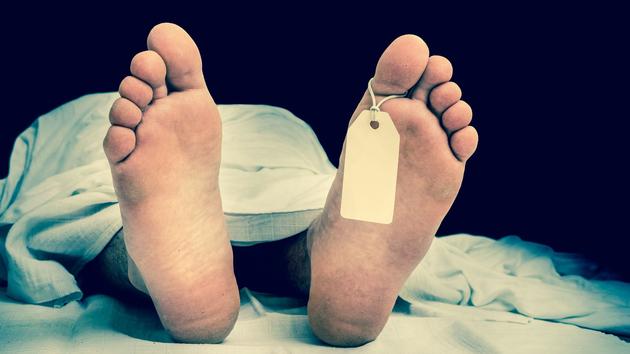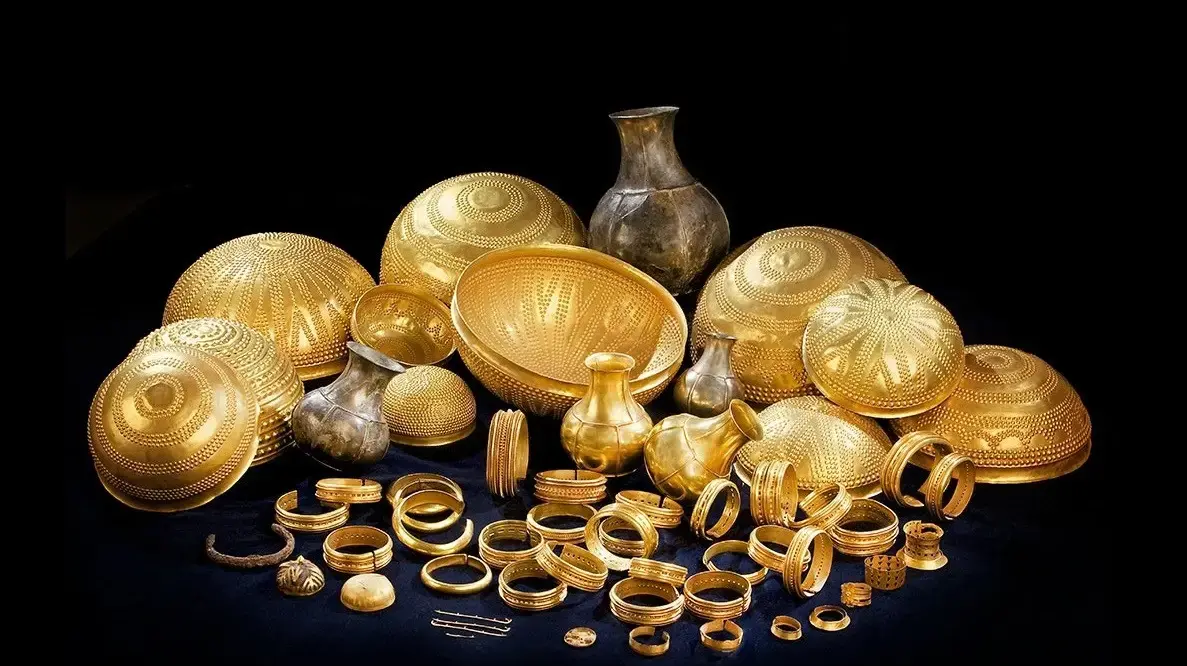Her grandmother gave her body to science in 2016. Since the case was revealed by Express , Ariane Bazureau is mobilizing alongside the families who filed a complaint in early December. “When I read the article, I was not careful at the start. Then I saw “CDC Descartes”. He was talking about the discovery of a mass grave, ” recalls this CNRS engineer .
"But it's Granny!" . At the end of November 2019, Ariane Bazureau brandishes the article in front of her mother, who denounces the “indecent conditions” of preserving the remains of “thousands of people who donated their bodies to science” . “When I got into the details, I was overwhelmed. I was horrified when I learned that the bodies were parked. That the fridge broke down in the middle of summer. However, my grandmother died at the end of June 2016 in Boulogne… ”, she tells Le Figaro .
Read also: Bodies kept in unworthy conditions: temporary closure of the Paris-Descartes Center
Died at the age of 86, Thérèse had made the decision to donate her body to medicine in the early 2000s. "We reacted very badly ," she recalls. She had explained to us that there was no burial, that the bodies are not returned to the family unless the latter requests it. But at the time we didn't know. ” When the donor dies, the body must be shipped to the nearest body donation center within 24 hours. In his case, that of Paris-Descartes University.
When the affair was revealed, Ariane joined a facebook group on which several relatives of body donors gathered. There were ten at the start. "Now there are over a hundred of us," she says. For its part, the Paris-Descartes University published a press release with a number for families. Ariane tried to call them "to find out what had happened" . In vain. On the third attempt, she gives up. "I gave up, I told myself that with the complaint we will be listened to more."
Ariane is looking for answers, but above all she wants justice to be done. "It's scandalous, we considered bodies as objects" .
An "act of generosity"
Giving his body to medicine was "an act of generosity" . "She told us that it was good for the doctors to train them, that it was like an organ donation to advance science ," she recalls. His brother had done the same thing, but at the University of Metz ” . Despite some reluctance, the family respects the wishes of their parent. When the latter dies, the retirement home calls them to warn them. Knowing that the body would leave quickly, the family immediately rushed to say goodbye.
"Normally, after dissecting the bodies, they cremate them and do so at the Père-Lachaise crematorium, but we were not informed"
Ariane Bazureau, granddaughter of donorRelatives never knew what had happened to their ancestor's body. "Normally, after dissecting the bodies, they cremate them and do so at the Père-Lachaise crematorium, but we were not informed," said Ariane. The ashes of the donors of Paris-Descartes are then deposited in the cemetery of Thiais, a small town in the Val-de-Marne, near Orly. This is where the stele that was raised in their memory is found. “Tribute from the mayor and the council of Paris to the people who donated their bodies to science. Paris - 1982 ” , is it engraved in marble. But, apart from that, no name. In their demands, the families of the donors want a list of the names of all the donors in their memory to be put together. "We want it to be recognized as an honor for research, not an due . "
They will be 40 people to demonstrate this Thursday, according to Ariane, in front of the Parisian university. "These are families who have lost a father, a brother, a sister, a husband and even a child who gave their bodies to science," lists this mother of two. The group plans to create an association to defend the dignity of their loved ones. "In early December, the group proposed that we file a collective complaint, I followed the bandwagon," she explains. To date, 32 families have complained, with the help of a lawyer, Maître Douchez.
There is no ethics. What we want is to punish those responsible, but above all we don't want the case to be buried
Ariane BazureauFrom her grandmother, Ariane describes a "neat and elegant" woman . "The idea that her body could have been packaged or even devoured by rats drives me crazy ," she sighs. And I learn today that certain bodies were sold. Normally when you donate a body, it's not to traffic! ”. To date, an administrative investigation has been opened, but for Ariane it does not make sense: “They have no right to do whatever they want. There is no ethics. What we want is to punish those responsible, but above all we don't want the case to be buried. We want the opening of a legal investigation, there is no real neutrality. ”
Read also: Gift of the body to science: what does the law say?
The regulations to legally supervise the preservation of these bodies donated to science, unlike organ donation, remain rather vague. Only article L1232-5 of the public health code requires doctors "who have taken a sample or a medical autopsy from a deceased person [...] to ensure the best possible restoration of the body" . Ethical rules are put in place in body donation centers, but not legal. "This is what we want to change ," emphasizes the engineer. Today, however, there is no case law ” .
"I can't even tell my daughters about it because this story is so huge, " she continues . I'm waiting for the courage to do it . ”







/cloudfront-eu-central-1.images.arcpublishing.com/prisa/BI4VNORLKVHTLF4MEMPC3K27QE.jpg)


/cloudfront-eu-central-1.images.arcpublishing.com/prisa/2C5HI6YHNFHDLJSBNWHOIAS2AE.jpeg)




